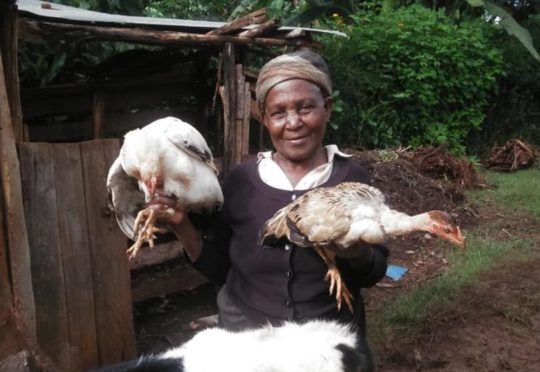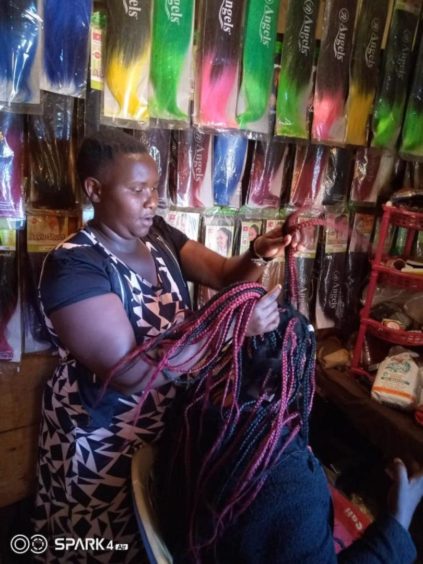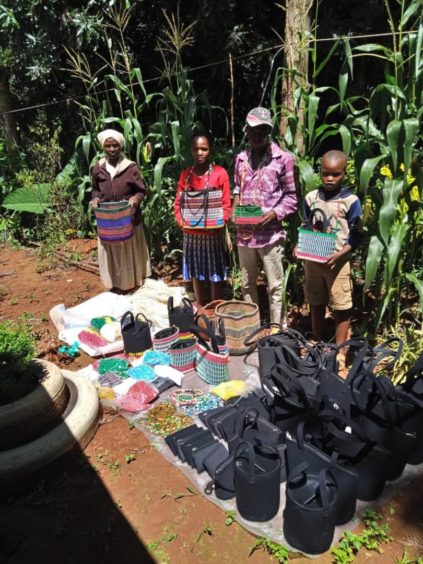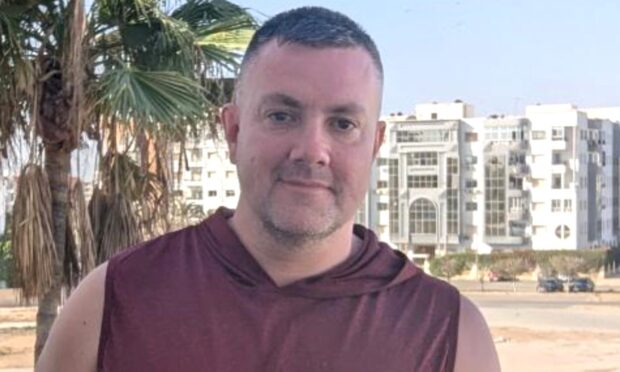Fund-raising efforts led by a Fife Rotary Club is helping to reunite families in poverty-stricken parts of Africa.
Members of the Rotary Club of Dunfermline contributed half the costs towards the Raising Futures Kenya charity programme, which aims to provide people with training in basic business skills and financial management and also give small loans to entrepreneurs.
Dunfermline Rotary’s input covered the training costs for 13 families living in and around Nairobi, and five of these families were also helped with start-up grants of around £200 each.
Additional support was also available from a member of the Lang’ata Rotary Club in Nairobi who had particular experience in setting up small businesses.
The initiative meant that children who were being kept in orphanages because their mums and dads could not afford to care for them were able to return home.
Alan Mutter, Dunfermline Rotary Club president, has described the club’s latest international project as a “remarkable success”.
Explaining the background to the project, Mr Mutter said: “Many children in orphanages in Kenya are there because their families were living in extreme poverty and couldn’t afford to keep them.
“This project reunited those families with their children and tackled the problem of supporting themselves financially by helping them to set up small businesses.”
The cost of setting up the Kenya project was just £2,632, with that being met between the Dunfermline Rotary Club and The Rotary Foundation.
Raising Futures Kenya also met the cost of the children’s school fees during the period of training and whilst the businesses were being established.
Mr Mutter has spoken of his pride at seeing the likes of mother of four ‘Linda’, who now earns enough to support her family after setting up a small salon and selling second hand baby clothes from her premises.
Or ‘Pricillah’, who has used a start-up grant to buy materials to selling beaded products, and ‘Mary’, a grandmother and guardian to John, who is now rearing chickens to sell eggs and to supplement their own food supply.
From the profits she has been able to plant additional crops in her small farm which she will benefit from later in the year.
“What surprised me is the variety of the new business start-ups which included growing cereals, fruit and vegetable trading, fish vending, a household utensil shop, a general store, buying and selling second hand clothing, beadwork, a hairdressing salon, selling coffee and cakes … the list goes on,” Mr Mutter added.
“This project has meant that some 30 to 35 children are no longer in orphanages and are reunited with their families which are now able to support themselves financially – a great outcome.”












